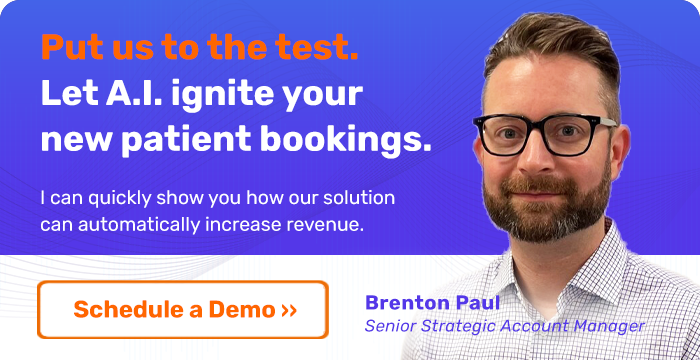November 2019--Stress Management and Business Consultant, Jen Butler, says it is essential to know how to reduce stress at any given moment, because if you don't reduce stress, it accumulates to the point where going to the gym for an hour is not going to get rid of it.
What is stress?
Stress is the body's way of reacting to a condition such as a threat, challenge, or physical and psychological barrier. Our automatic nervous system and hypothalamic-pituitary-adrenal system respond by flooding our bloodstream with 112 stress hormones. These hormones increase the heart rate, elevate blood pressure, boost energy, and deliver glucose to increase brain performance and heal tissues.
Why is it important to reduce stress in your daily life in dental practice?
The primary stress hormones are cortisol, glucagon, and prolactin. Cortisol is a hormone secreted by the adrenal glands and has the greatest impact on preparing the body for situations of danger with increased heart rate and elevated blood pressure. An excessive amount of cortisol can impair your ability to sleep well, digest and absorb your food, decreased or increased appetite, and think clearly resulting in problems like high blood pressure, mood swings, anxiety and depression, accidents, lowered immune system function, slow wound healing, weight gain or weight loss, blood sugar imbalances, and more.
You can see why repeated and chronic stress should be avoided and why reducing your stress will improve your mental and physiological health, improve your performance, and can extend your longevity.
Note that, without stress management, dental professionals are often stressed enough to experience career burnout and depression.
5 Stress Reduction Techniques
Here are five ways you can reduce stress while at work and in your personal life. These are tried and true techniques to relieve stress at most times and in most places, including while you are at work in a dental practice or a business support office of a dental service organization (DSO).
-
Inhale and Exhale Fully
Nowadays, we're told to hold our core in, but if we suck our tummy in, we cut off about half our diaphragm capacity. Did you ever wonder why Victorian women, in their tight corsets, fainted so often? It’s because those corsets cut off the diaphragm, and they couldn’t exhale enough carbon dioxide.
When you are under stress, let your tummy relax. When no one is looking, breathe in through your nose for a count of five and out for a count of ten. At the end, you should feel the need to push the air out. Inhale again, letting your belly grow and taking in all the oxygen that you can. Repeat this breathing relaxation technique for a minute or two. You’ll feel amazingly different … relaxed and refreshed.
-
Give Yourself Positive Affirmations
You can give yourself positive affirmations without anyone noticing. Pause for a few seconds and tell yourself something positive, for example, "You can do this! You're good at this. Your patients are so lucky to have you." Giving yourself a positive affirmation in any given moment releases oxytocin. That release is what you want because it combats the stress hormones that flood your bloodstream when your stress response is triggered.
-
Invite Physical Touch
Any kind of physical touch, whether it be a pat on the back, a hug or a handshake, releases oxytocin. If needed, tell someone you need a hug right now. You don't have to tell them why. You can say, “I'm having kind of a yucky day. Do you mind giving me a fist bump?” In any given moment, this is going to help you reduce your stress."
-
Eliminate Sensory Overload
You can close your eyes and cover your ears for a few seconds. Find a safe and private space to do this. This quiets the brain. It turns off the brain neurons from functioning in those areas and gives them a moment to relax. Try it now. Do you sense this quieting?
-
Drink Water
Hydration is essential for proper brain function and to reduce your stress. Many managers and leaders say they restrict employees from drinking water in front of patients. If this is the case in your practice, facilitate water breaks throughout the day.
Subscribe to our blog for the latest updates
By submitting this form you will be receiving our latest updates on post. We're committed to your privacy. Patient Prism uses the information you provide to us to contact you about our relevant content, products, and services. You may unsubscribe from these communications at any time.
- Recent
- Popular











